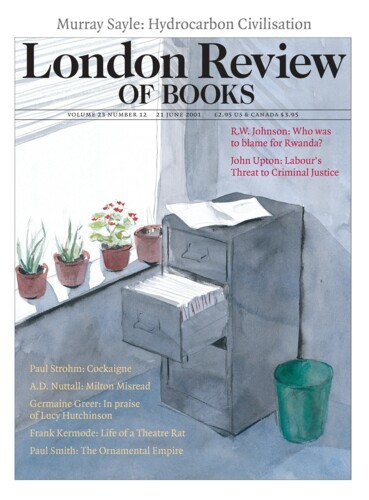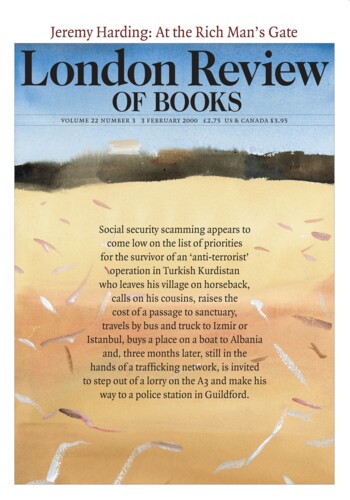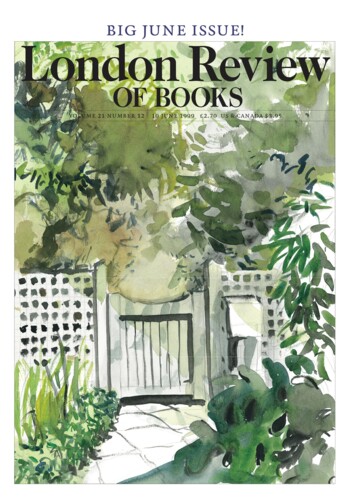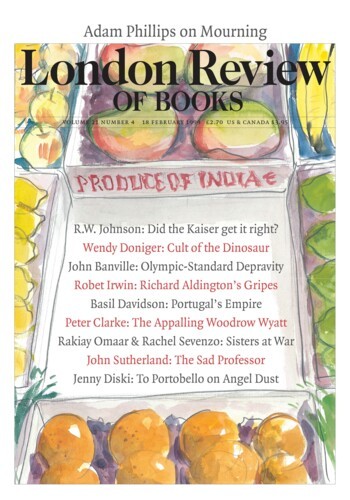In his preface to The Crusades, Yasir Suleiman, professor of Arabic at Edinburgh University, observes that ‘the author has as her primary aim the scholarly objective of balancing the skewed picture of the Crusades in Western scholarship.’ I’m not sure what he means by this. David Hume, in his History of Great Britain (1754-62), denounced the Crusades as ‘the most signal and durable monument of human folly that has yet appeared in any age or nation’. Gibbon considered them to be an expression of ‘savage fanaticism’. In a History of the Crusades (1820), one of the earliest studies devoted specifically to the topic, Charles Mills deplored the medieval fanaticism and popery. In The Mameluke or Slave Dynasty of Egypt (1896), William Muir, while suggesting that the Crusades had a positive role in rousing Europe from the slumber of the Dark Ages, went on to denounce them:‘
In his preface to The Crusades, Yasir Suleiman, professor of Arabic at Edinburgh University, observes that ‘the author has as her primary aim the scholarly objective of balancing the skewed...





